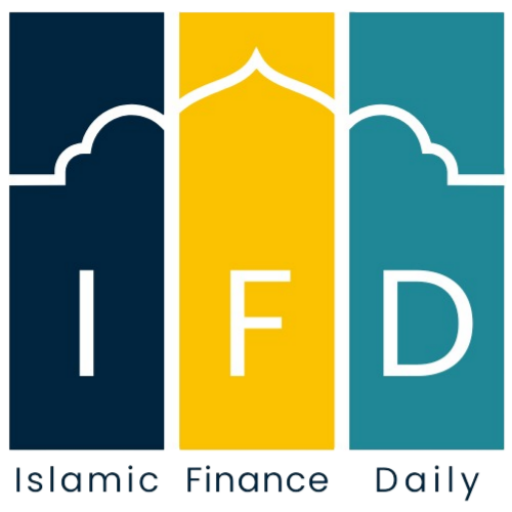Climate change is one of the most pressing challenges of our time, demanding urgent action to mitigate its devastating impacts on ecosystems, economies, and societies. Islamic finance, rooted in ethical principles and sustainability, provides a unique framework for addressing these challenges. By aligning financial practices with environmental stewardship, Islamic finance can play a pivotal role in combating climate change while promoting social equity and long-term prosperity.
Table of Contents
ToggleKey Principles of Islamic Finance Relevant to Climate Action
Islamic finance operates on core principles that inherently support environmental protection and sustainability. The concept of Tawhid (the Oneness of God) underscores humanity’s role as stewards of the earth, responsible for its care and preservation. The prohibition of harm (Darar) ensures that financial activities do not cause damage to individuals, societies, or the environment.
Ethical investments, a cornerstone of Islamic finance, prioritize projects that promote societal welfare, such as renewable energy and sustainable infrastructure. Additionally, redistributive mechanisms like zakat (mandatory almsgiving) and sadaqah (voluntary charity) offer opportunities to fund initiatives that address environmental challenges, particularly in underprivileged communities.
Green Sukuk: A Catalyst for Sustainable Development
Green sukuk, or Sharia-compliant bonds, are an innovative tool for financing environmentally friendly projects. These instruments enable investors to fund renewable energy, clean water projects, and eco-friendly urban developments while adhering to Islamic ethical guidelines.
One notable example is Indonesia’s $1.25 billion green sukuk issuance, which has funded projects ranging from solar energy installations to reforestation efforts. By combining faith-based values with sustainable finance, green sukuk pave the way for scalable climate solutions in both Muslim-majority and non-Muslim countries.
Integrating ESG Factors in Islamic Finance
Environmental, Social, and Governance (ESG) factors are increasingly integrated into Islamic finance, aligning seamlessly with its ethical foundations. Islamic financial institutions are incorporating ESG criteria into their investment portfolios, ensuring that projects are socially responsible and environmentally sustainable.
For instance, Malaysian Islamic banks have taken significant steps to adopt ESG frameworks, financing initiatives such as energy-efficient infrastructure and waste management systems. By promoting responsible investing, Islamic finance can amplify its impact on global sustainability efforts.
Islamic Microfinance and Climate Resilience
Islamic microfinance plays a crucial role in building resilience among vulnerable communities affected by climate change. By offering interest-free loans and profit-sharing mechanisms, it empowers individuals to adopt sustainable practices and recover from climate-related shocks.
The Akhuwat Foundation, for example, has supported farmers in flood-prone areas by financing climate-resilient agricultural practices and eco-friendly irrigation systems. Such initiatives demonstrate the potential of Islamic microfinance to foster grassroots adaptation to climate challenges.
The Role of Waqf in Environmental Preservation
Waqf, or Islamic endowments, offer a powerful mechanism for funding long-term environmental projects. Historically used to support social welfare initiatives, waqf can be revitalized to address modern climate challenges.
For example, traditional waqf practices have been adapted in some Muslim-majority countries to fund afforestation projects and renewable energy installations. These endowments ensure sustainable resource allocation while preserving natural ecosystems for future generations.
Global Collaboration and Policy Support
To maximize its impact on climate change, Islamic finance requires collaboration between financial institutions, governments, and international organizations. The Islamic Development Bank (IsDB) has been a frontrunner in this space, funding climate action projects that align with both Sharia principles and global sustainability goals.
By fostering partnerships and harmonizing standards for green Islamic finance products, the sector can expand its reach and influence in combating climate change on a global scale.
Conclusion
Islamic finance offers a values-driven approach to addressing climate change, emphasizing ethics, sustainability, and social justice. Through innovative tools like green sukuk, microfinance, and waqf, it provides practical solutions to some of the world’s most urgent environmental challenges. However, achieving its full potential requires greater awareness, policy support, and alignment with global sustainability frameworks. By leveraging the principles of Islamic finance, we can pave the way for a greener and more equitable future.



